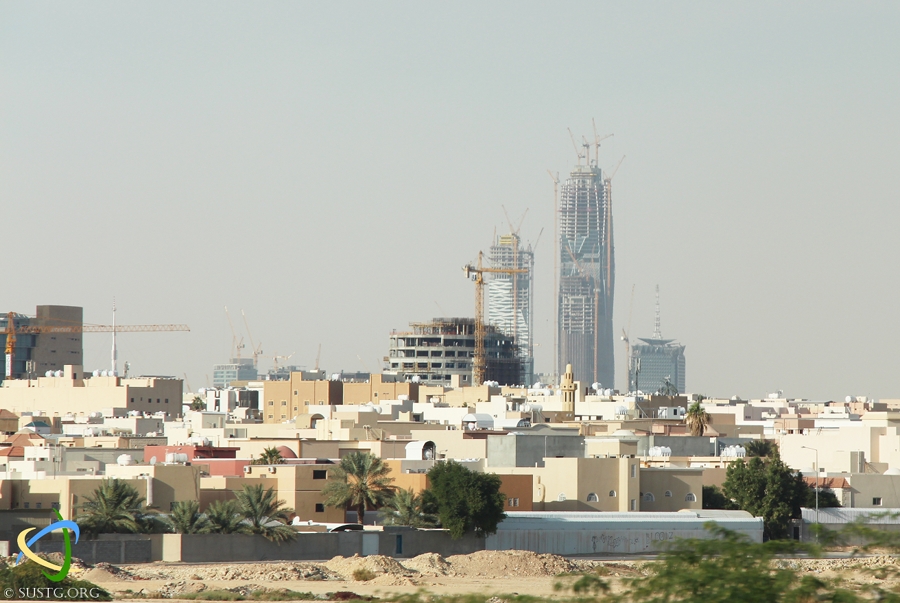Besides energy subsidies and the future of energy consumption at the local level, the labor market is considered one of the key variables with respect to the economic future of the kingdom. The labor market should be an integral part of the thinking of government officials when planning at all levels, without exception. The Ministry of Labor is able to influence financial, industrial, investment and economic development in order to be of help to all citizens in all classes.
The most important thing in this regard is whether the private sector will continue to rely on foreign workers with low productivity at low cost while continuing to allow the public sector to play a key role in the recruitment of Saudi citizens. This creates a sharp distinction in the labor market, and this will continue as long as the private sector does not pay high wages or provide the compensation to fit the aspirations of Saudi citizens. The government and the private sector need to focus on providing technical training and support of its citizens.
The private sector is in a vicious cycle. The expats that accept low wages and diminished productivity gains, which produces a non-competitive salaries. Consequently, there is an urgent need to change the model of economic development in Saudi Arabia. What is needed is more economic “carrots and sticks” to the private sector than administrative measures – such as quotas. So-called ‘Saudization’ of a large part of the workforce requires a long time – it may take nearly a generation, if not more.
A medium and long-term strategy should be formed for all sectors to promote job creation for citizens with clear and realistic objectives, and sectors with the highest growth rates should receive the focus and promotion from both the public and private sectors.
Labor market reform is necessary and required of economies aspiring to move from low productivity/low-wages to high productivity/high-wages, but reforms should be strengthened through the right system and done in the right way. High quality talent should be trained and brought into the private sector. When both Saudis and non-Saudis are hired into the private sector with high wages, these companies will be more productive, which will in turn make the Saudi private sector more attractive to talented individuals seeking good compensation. But without institutional changes and overhauls, the vicious cycle of private-sector employment with low wages and low productivity will be unsolvable. Think of the opposite: Can the Saudi citizens be eternally doomed because the private sector can operate only with low wages? Think of China: wages are now increasing and increasing fast. Economies need at some point to transfer from low productivity/low wages to high productivity/high wages. Although public sector signals are important in productivity shifts, the role of the private sector as the prime agent of change is crucial.
The private sector is entitled to use the least cost combination of capital and labor to engage in profitable production. If migration is open, they would naturally use low-wage workers from abroad. The way to bridge it is reducing the privileges granted to nationals on the basis of citizenship, especially in the form of employment in the public sector that is not based on merit and effort. Granting privileges predominantly on the basis of citizenship explains their resistance to take low-wage jobs under harsh labor-intensive conditions. What is needed is to manage migration and bring the business model and social model closer.
These changes will take time to produce benefits, and will not produce immediate results. But they must be started today.
***
 Dr. John Sfakianakis is the Chief Investment Strategist of MASIC, the Riyadh-based investment and asset management company. At MASIC he is responsible for managing the company’s investment portfolios and strategy, across multiple sharia compliant asset classes. He joined in February 2013.
Dr. John Sfakianakis is the Chief Investment Strategist of MASIC, the Riyadh-based investment and asset management company. At MASIC he is responsible for managing the company’s investment portfolios and strategy, across multiple sharia compliant asset classes. He joined in February 2013.
Previously, he held the post of Chief Economic Advisor at the Saudi Ministry of Finance. He also served as Chief Economist for Banque Saudi Fransi (BSF) and also Chief Economist, Middle East North Africa region for Credit Agricole C.I.B, the foreign joint-venture partner of BSF. He served as the Chief Economist of The Saudi British Bank (SABB) in Riyadh, a joint venture with HSBC and also worked for Samba Financial Group as its Chief Regional Economist. He has also worked for the United Nations (UNDP) and the World Bank as an economist in Washington, D.C.
His articles appear frequently in the Financial Times, New York Times, Wall Street Journal and Bloomberg. He holds a Ph.D. in economics from Harvard University.
Editor’s Note: This article originally appeared in Arabic on the Saudi news website Alyaum. SUSTG.org is pleased to feature this analysis and commentary by Dr. Sfakianakis as translated from his weekly columns.









